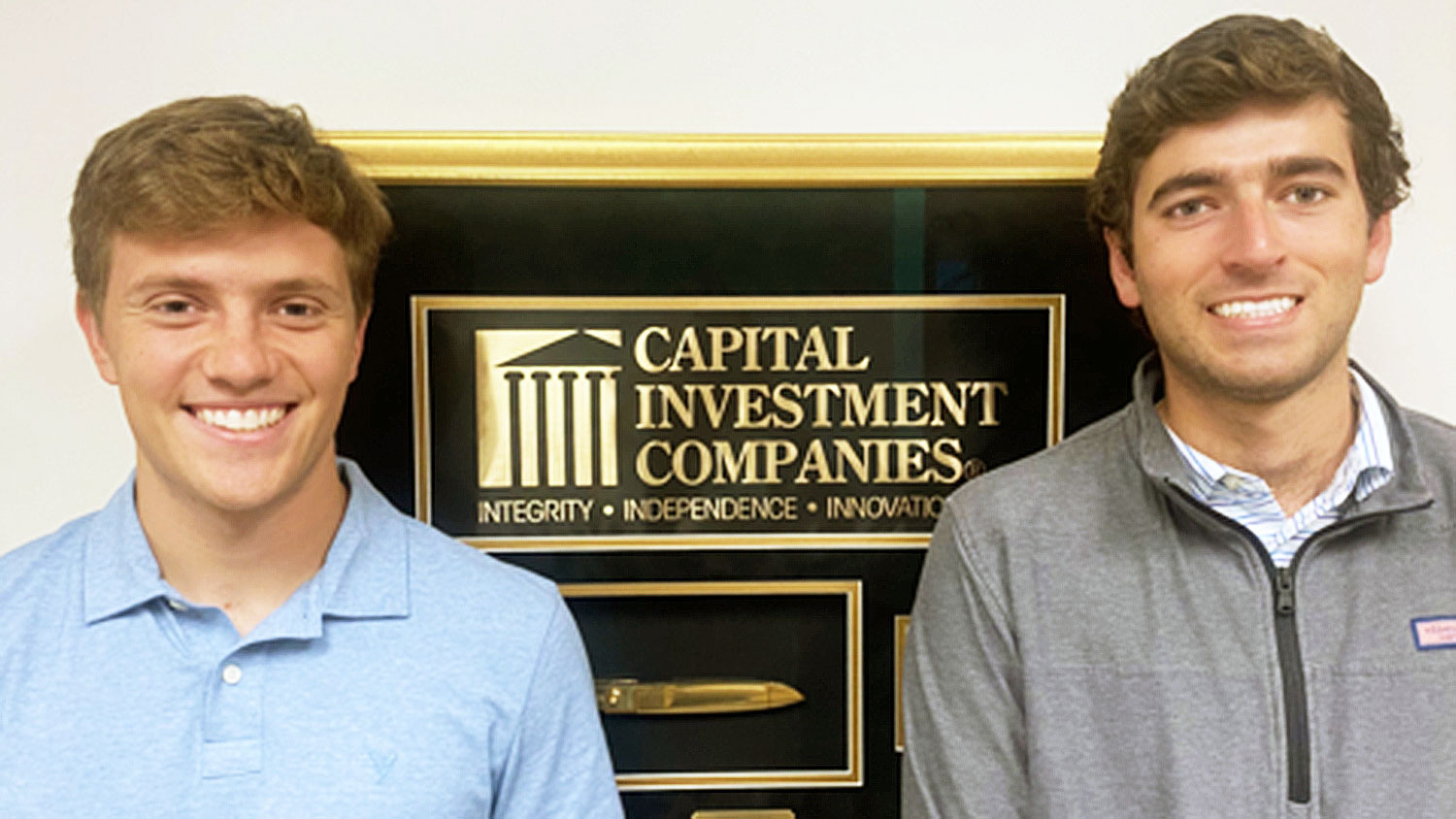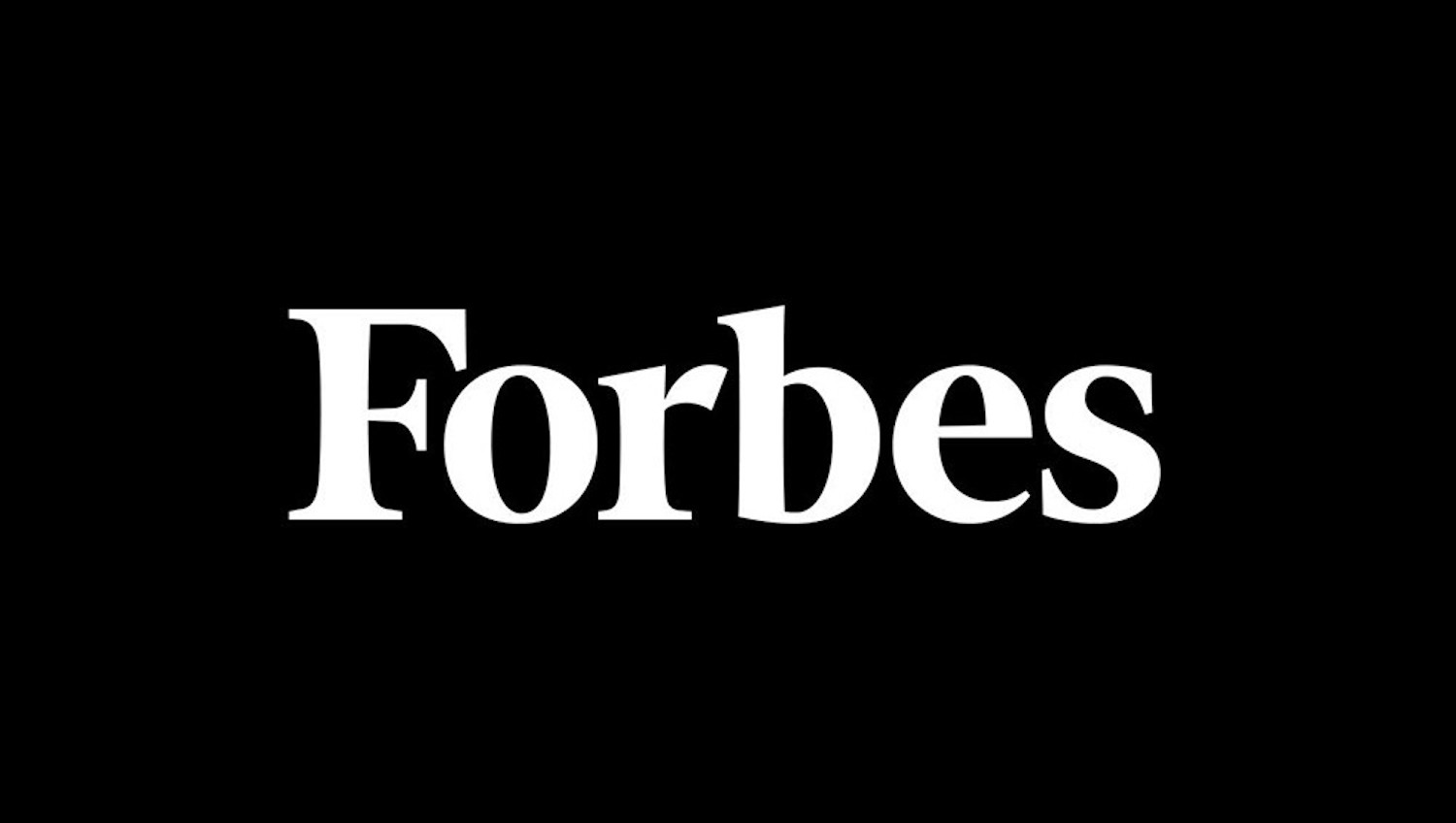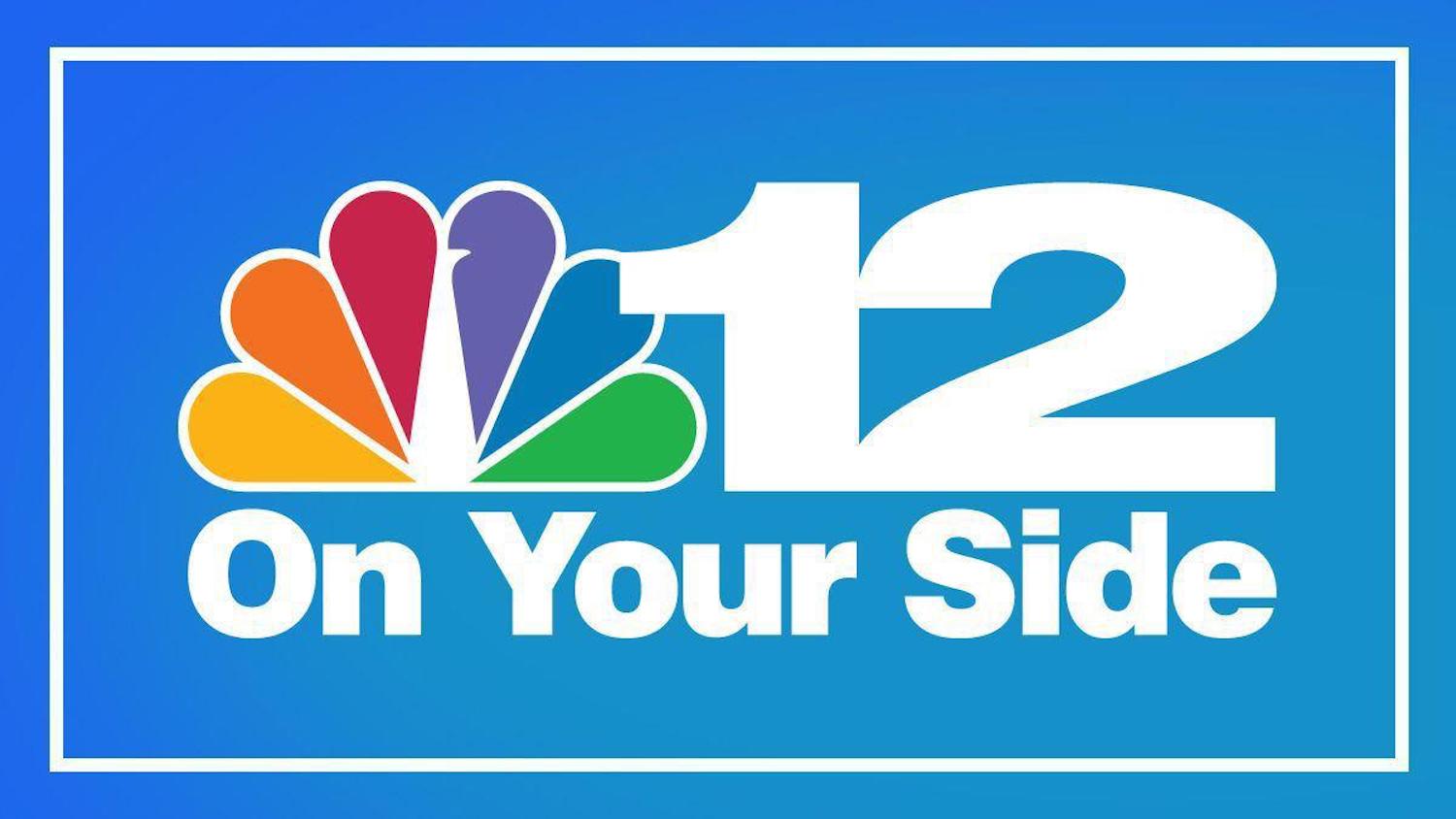This article was originally published in the Fall 2021 edition of the Poole Business Magazine.

1. The COVID-19 Vaccine Supply Chain: Potential Problems and Bottlenecks
Jan. 5, 2021
Robert Handfield and Daniel Finkenstadt combine their expertise of the global supply chain, medical supply chain, government acquisition and enterprise sourcing. While Operation Warp Speed’s strategic plan assumes that vaccinations will go smoothly – at least after more doses become available – our experts took a deeper look at the global supply chain points and identified eight challenges with the vaccines distribution.

2. Apple Arrives in RTP: What does this mean for the local economy and NC State?
April 27, 2021
On April 26, Apple announced their intent to break ground on a hub in Research Triangle Park (RTP), bringing $1 billion and over 3,000 jobs to North Carolina. The arrival of the tech giant promises six-figure salaries to those in IT-related fields and prospective job opportunities for NC State graduates. Professor of Economics Steve Allen breaks down the potential impact of Apple’s arrival in RTP.

3. The Responsibility to Rebrand: Aunt Jemima’s Case Study
Sept. 8, 2021
When the killing of George Floyd on May 25, 2020, ignited a firestorm of protests and calls for racial justice around the world, major brands felt the heat. After years of debating changes to its controversial Aunt Jemima brand, Quaker Oats and its parent company, PepsiCo, initiated an extensive rebranding process. A team of researchers released a case study that delves into the history of Aunt Jemima, the complex process of rebranding and the questions around a brand’s responsibility to leverage its influence to effect change.

4. Richard Warr Weighs in on Recent Rise in GameStop Stock
Jan. 28, 2021
Gamestop, the video game retailer has been all over the news this past January because of some very unusual stock trading activity that has pushed the price of the stock to incredible highs. So what’s going on and why is it happening? Professor of Finance Richard Warr explains.

5. State of Emergency: Rob Handfield Comments on Gas Shortage in North Carolina
May 11, 2021
Governor Roy Cooper issued a state of emergency on May 10, 2021, in response to the recent cyberattack on Colonial Pipeline causing a shutdown. Around North Carolina, many citizens were lining up at local gas pumps to fill up in preparation for a surge and shortage in gas. Rob Handfield, professor of operations and supply chain management, breaks down how the gas pumps will replenish and how the cybersecurity breach most likely happened from engineers’ work from home stations.

6. Robinhood and the Rise of Day Trading: What does it mean on your income taxes?
Feb. 1, 2021
As COVID caused millions of Americans to spend more idle time at home, the country has experienced a surge in day trading activities. While the lucky individuals who rode on the wave of non-traditional market patterns – like seen in GameStop and AMC – may see dramatical fluctuations in their earnings, they may not have thought through how it’s going to affect their taxes at the end of the year. Accounting professors Nathan Goldman and Christina Lewellen offered guidelines and suggestions for those trying to understand the tax implications of these market fluctuations.

7. Taxation and Representation: How a Biden Presidency Could Affect Federal Income Taxes
Sept. 23, 2020
With COVID-19’s devastating impact on the economy and a government deficit approaching $4 trillion, the issue of taxation was again of key importance in the 2020 elections. Poole accounting professors identify and discuss the key provisions of Democratic presidential candidate Joe Biden’s tax plan.

8. If You Build It, Will They Get Vaccinated? Experts Tap into Behavioral Research to Promote COVID-19 Vaccination in the U.S.
Jan. 7, 2021
As the first doses of the vaccines were being slowly rolled out across the nation, the question remains – are enough Americans willing to be vaccinated to allow the nation to return to normalcy? To address this challenge, Poole’s Stacy Wood and her colleague Kevin Schulman of Stanford drew on their expertise in behavioral economics and consumer research to develop 12 strategies that could, collectively, create an effective vaccine-promotion effort.

9. Behind Bitcoin – A Closer Look at the Tax Implications of Cryptocurrency
Feb. 15, 2021
On January 1, 2016, a single Bitcoin was valued at a price of $432. Only five years later, the price of a Bitcoin has ballooned to over $40,000 – with extreme price fluctuations on a daily basis. With Bitcoin’s dramatic rise in price and popularity, many individuals have realized significant gains in the ownership of these assets. While Bitcoin is often referred to as a cryptocurrency, its label is misleading. In this article, we discuss some important questions that Bitcoin investors or users may face.

10. Apathy’s Effect on COVID Vaccinations
June 4, 2021
After the initial boom of COVID vaccines made their way across the country, the rate of vaccinations has fallen. But is it hesitancy or apathy that is keeping people at bay? Stacy Wood’s research published in the Journal of the American Medical Association discovered that the most effective communications strategies to influence these two groups can differ drastically.
In the Media
Forbes | June 11, 2021
Joseph Brazel, professor of accounting, served as a Forbes contributor as he took a deep dive into a recent study on the amount of sunshine in a company’s headquarters and its effect on executive decisions.
“In the article, the researchers describe how prior research has linked sunshine exposure to good moods and higher expectations about future outcomes,” said Brazel. “As such, the study tests the notion that greater pre-forecast sunshine exposure leads managers to issue overly optimistic earnings forecasts.”
Triangle Business Journal | June 3, 2021
Scott Showalter, director of the Jenkins Master of Accounting (MAC) Program, commented on the current lack of diversity in the accounting industry and how the Jenkins MAC Program is constantly working to create a diverse, inclusive environment.
“You have to increase diversity one student at a time,” said Showalter. “We visit the HBCUs; we’ve held a variety of social media events during COVID to attract students to our MAC program; we increased the diversity of our website; and we work through the National Association of Black Accountants to help identify and recruit students.”
Modern Healthcare | May 20, 2021
Rob Handfield, professor of operations and supply chain management, served as one of four witnesses in a congressional hearing evaluating the personal protective equipment (PPE) supply chain and the gaps in responses during the COVID-19 pandemic.
“American exceptionalism became American hubris,” said Handfield. “No one knew where products were coming from, whether they were being sent, and who was receiving them. The response was too little too late.”
Forbes | April 29, 2021
Fay Cobb Payton, professor of information technology and business analytics, served as a panelist judge for Forbes Artificial Intelligence (AI) 50: Companies to Watch ranking.
To be eligible for a ranking businesses must be privately held and utilizing machine learning, natural language processing or computer vision.
The Wall Street Journal | March 17, 2021
The winter storm in Texas led to blackouts that led to supply chain shortages of raw materials needed for products like protective face shields and smartphones. Rob Handfield, professor of operations and supply chain management, explains that the storm caused power outages in chemical plants that highlighted supply chain vulnerabilities.
“They are used in everything, and all of this stuff is suddenly at risk,” said Handfield. “This has exposed some real issues.”
Investment News | March 4, 2021
A new study co-authored by Robert Clark, professor of economics, found greater financial security challenges among Black and Latina women than white women. The Financial Industry Regulatory Authority Inc.’s National Financial Capability Study also shows that COVID-19 has hurt retirement prospects for women in general.
“Financial education programs and research must direct more attention to the specific needs of Black and Hispanic women in terms of their financial well-being,” said the authors. “For example, a financial education curriculum can inform participants about the costs associated with alternative financial services or credit cards, but it will succeed better if it acknowledges the particular constraints facing Black and Hispanic women, such as access.”
The Atlantic | February 18, 2021
Stacy Wood, professor of marketing, is concerned about propositions of skipping or postponing second COVID-19 vaccines to protect the nation’s supply.
“As a scientist, I’m delighted to hear that [other scientists are] working continually to improve the recommendations on this very important issue,” said Wood. “But as a marketer who is working to try and persuade the vaccine-hesitant, I’m watching my task become that much harder.”
Forbes | February 12, 2021
Jessica Thomas, director of the Business Sustainability Collaborative and co-founder of B Academics, has seen students and companies mutually benefit from collaborations at the NC State University B Corp Clinic.
“It’s a combination of a very clear and ambitious vision for the movement, and a comprehensive and clear framework for explaining what it means to have a strong impact across your business stakeholders. … Something just clicks with the students,” said Thomas.
Science Magazine | January 15, 2021
Stacy Wood, professor of marketing, offered her expert tips to healthcare workers on how to promote the COVID-19 vaccine to patients would are skeptical or wary of receiving it.
“People are more compelled by stories than they are by statistics,” said Wood. “If your patient says to you, ‘Hey, the lady down the street from me said her niece had a bad reaction. I’m the same age as her niece. I’m really worried about this.’ It’s important not to say, ‘Well, let me show you a chart that will explain exactly how rare this is.’”
“It’s more important to say, ‘I have a patient exactly your age who was in here last week, and they were one of the first people to get the vaccine, and they did great.’”
Harvard Business Review | November 13, 2021
Mark Beasley, professor of accounting; Nathan Goldman, assistant professor of accounting; and Christina Lewellen, assistant professor of accounting, collaborated on research that indicates a strong board involvement in a company enterprise risk management can help companies find the balance of risk and reward in terms of tax-planning decisions.
“Its focus is not on indiscriminate risk minimization but on identifying and understanding the company’s portfolio of risks so that management and the board can make sound strategic decisions that balance various risks against the pursuit of growth,” said the research team that also includes Michelle McAllister, assistant professor at Northern Arizona University.
Harvard Business Review | November 2, 2021
Michael Stanko, associate professor of marketing, and his co-author Joseph Miller, professor of sales and marketing at St. Ambrose University, released their case study Reckoning with Jemima: Can the Brand Be Remade for Good? over the summer and used this opportunity to jumpstart conversations about race in their now virtual classrooms.
“I’m Canadian originally, and the notion of discussing race with a diverse group of students in the American South was terrifying at first,” said Stanko. “I think acknowledging our own insecurities goes a long way and leads to a more productive discussion.”
American Marketing Association | September 16, 2020
Rishika Rishika, associate professor of marketing, co-authored an article for the Journal of Marketing addressing the four reasons to adopt front-of-package (FOP) nutrition labels.
“In an innovative study, our research team assessed the effect of the introduction of a FOP nutrition label in a product category on the nutritional quality of food products in the category,” said Rishika and her co-authors.
- Categories:



